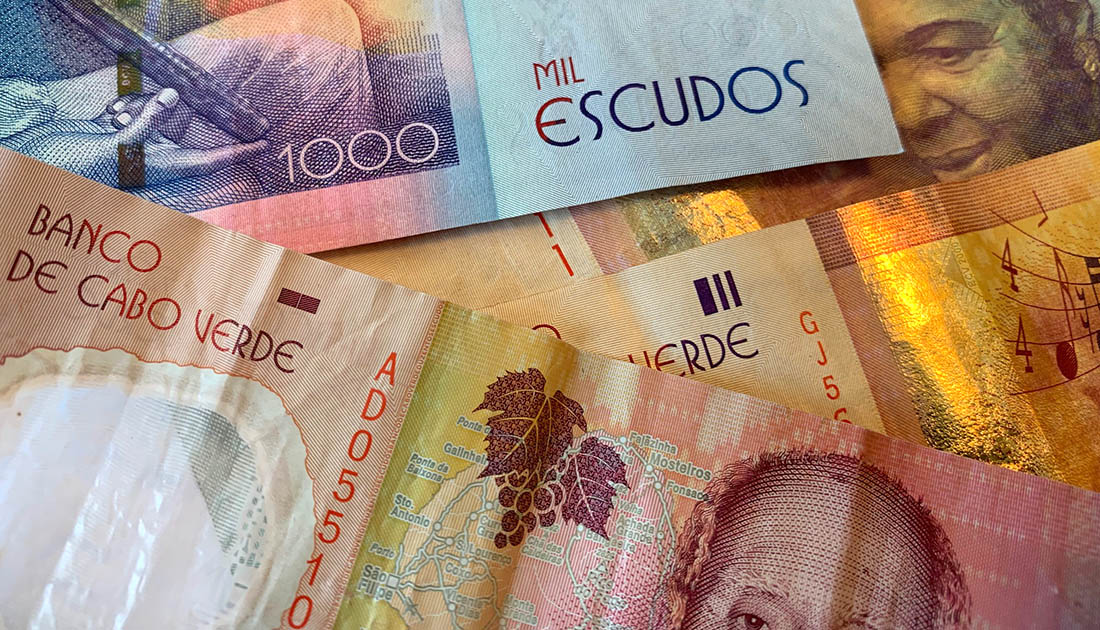Cape Verdean State revenues increased by 31.7% up to October, compared to the same period in 2021, then conditioned by the crisis caused by the pandemic, to almost Esc42.34 billion (€386.2 million), according to official data.
According to data from the summary report on budget execution until October, compiled today by Lusa, this performance is essentially the result of the “increase in collection” of direct taxes (10.2% compared to the same period in 2021), indirect (42.2%) and social security contributions (3.9%), among others.
Read also: Check out our coverage on Cape Verde
The provisional document from the Ministry of Finance also mentions that total expenses from January to October increased by 7.2%, compared to the amount executed in the first ten months of 2021, to more than Esc41.43 billion (€373.3 million).

In these ten months, Cape Verde collected 78% of the Esc54.27 billion (€495 million) of revenue budgeted for this year by the Government, a value that also compares with the Esc32.15 billion (€293.2 million) accounted for January to October 2021.
In revenues, the Personal Income Tax (IRPS) increased by 8.6% until the end of October, to almost Esc5.12 billion (€46.8 million), while the tax on corporate profits (IRPC) increased, also in year-on-year terms, by 9.6%, to more than Esc2.52 billion (€23 million) in ten months.
In indirect taxes, the Value Added Tax (VAT) continues to recover from the drops caused by the covid-19 pandemic and the drop in tourism, having yielded from January to October more than Esc14.62 billion (€133.4 million), increasing 42.7% compared to the same period in 2021.
Cape Verde is facing a deep economic and financial crisis, due to the sharp drop in tourist demand – a sector that accounts for 25% of the archipelago’s Gross Domestic Product (GDP) – since March 2020, due to the restrictions imposed to control the covid-19 pandemic.
In 2020, the country experienced a historic economic recession, equivalent to 14.8% of GDP, followed by economic growth of 7% in 2021, driven by the recovery in tourist demand in the fourth quarter.
Meanwhile, due to the economic consequences of the war in Ukraine, the Cape Verdean government revised its forecast for economic growth in 2022 from 6% to 4%, but at the end of October it again revised that forecast to at least 8%.
The Cape Verdean government intends to raise the weight of tax revenue collection to 30% of GDP, compared to the current 20%, the deputy prime minister previously said, guaranteeing that it can be done without increasing the incidence.
“We have the ambition to put that tax revenue as a percentage of GDP, which is now around 20% to 22%, at 25% in a first phase and could even reach 30% of GDP in a second phase, if the reforms are undertaken, without increase the incidence. Just combating tax evasion, fraud and evasion, and substantially increasing the tax base, also combating informality,” said Olavo Correia.
The also Minister of Finance defended that, for this purpose, the focus will be on human resources.
The objective, emphasized Olavo Correia, is also to combat informality in business, along with “digitizing and dematerializing” the tax administration, with “highly qualified staff so that tax revenue as a percentage of GDP can increase.”
Cape Verdean state revenues increased by 1.8% in 2021, compared to the previous year, to €44.52 billion (€404.3 million).
According to data from the 2021 budget execution summary report, this performance is essentially the result of the 4% increase in tax collection, with indirect taxes rising 8.6%, to almost Esc24.39 billion (€221.5 million) , and direct taxes falling by 6.4%, to Esc9.15 billion (€83 million).
With information form Sapo

